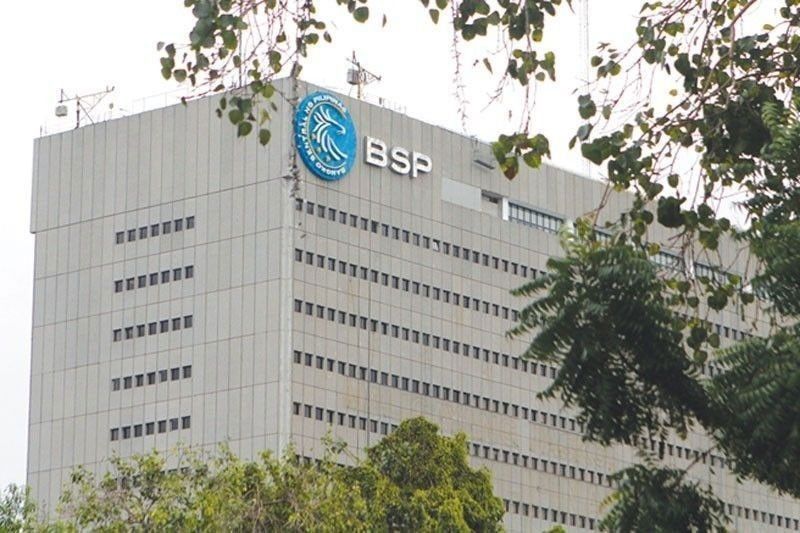Maya supports digitalization efforts of BSP

MANILA, Philippines — All-in-one money app Maya is ramping up initiatives to support the thrust of the Bangko Sentral ng Pilipinas (BSP) to transform the country into a cash-lite from a cash-heavy economy.
The digital bank is transforming Davao City’s biggest Bankerohan Public Market with the launch of the Paleng-QR PH initiative in Mindanao.
PLDT Inc. and Smart Communications, together with the BSP, the Department of Interior and Local Government, as well as the Davao City Government launched the program.
By promoting the interoperable QR PH national standard codes, Maya CEO and founder Orlando Vea, said the Paleng-QR PH creates a simple, but more powerful digital finance experience at the local community level.
“At Maya, we fully support Davao City’s vision to build a stronger digital ecosystem,” Vea, who is also co-founder of Maya Bank, said.
The Paleng-QR Ph program aims to digitalize transactions starting with public markets and local transportation. It enables vendors and tricycle drivers to accept digital payments from customers regardless of their e-wallet or bank accounts via QR Ph, the national standard for QR payment. Maya’s QR codes are QR Ph-compliant, and its app can scan any QR Ph-powered transaction.
Creating digi-palengkes is part of Maya’s own LGUs Embracing and Accelerating Digitalization.
Through the program, Maya equips local governments like Davao City with business-in-a-box payment acceptance solutions and disbursement tools to enable faster public service delivery.
Maya is the first digital financial services platform to adopt QR Ph.
More than 52 million users can enjoy a seamless experience using Maya’s consumer platforms that can send and accept P2P (person-to-person) payments from other QR Ph-participating financial institutions.
Meanwhile, non-Maya users can pay at over 800,000 QR Ph-enabled Maya merchants, that are present in 96 percent of the total cities and municipalities.
The BSP’s QR Ph initiative is part of the overall financial services transformation roadmap of the Philippines. It aims to raise Filipinos’ trust in digital financial services, as consumers and enterprises get used to sending and receiving cashless payments for everyday transactions.
Under its Digital Payments Transformation Roadmap, the BSP aims to shift 50 percent of total retail transactions to electronic channels and increase the number of Filipino adults with bank accounts to 70 percent by 2023.
With the COVID-19 pandemic serving as catalyst, the twin goals are achievable as the share of digital payments to total retail transactions went up to 30.3 percent in 2021 from 20.1 percent in 2021, while the number of Filipino adults with bank accounts almost doubled to 56 percent last year from 29 percent in 2019.
- Latest
- Trending



























